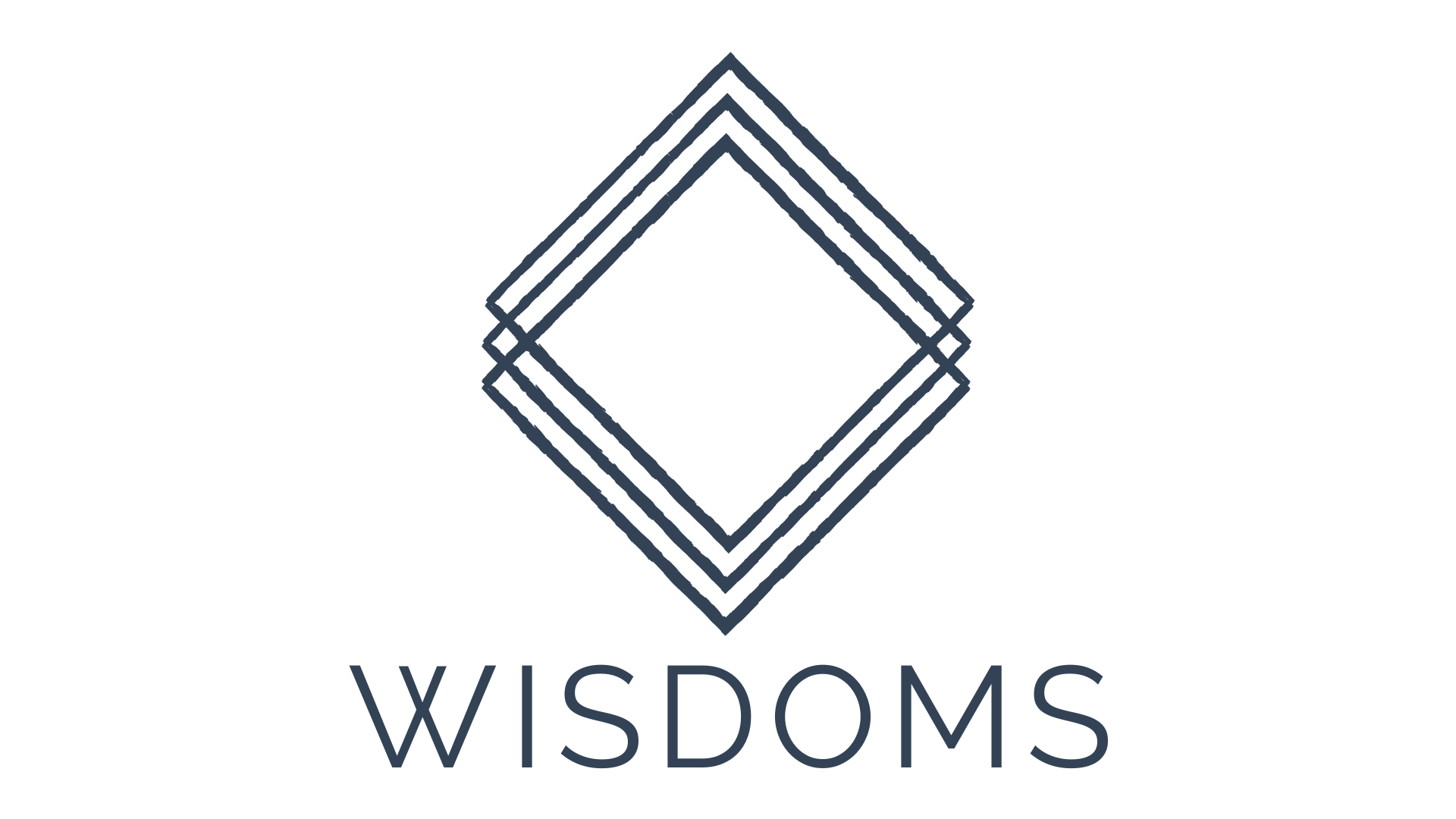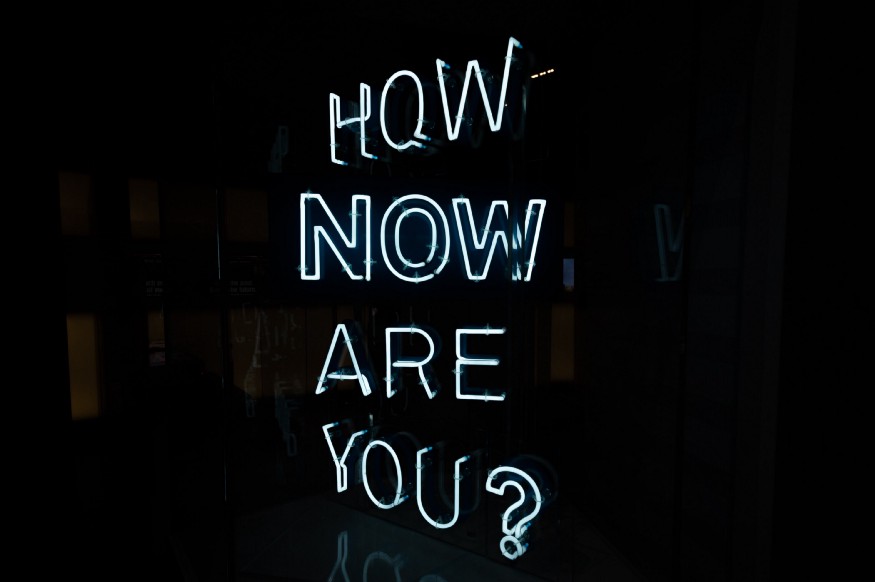In the movie Pink Panther Strikes Again Inspector Clouseau, played by Peter Sellers, walks into a small, slightly run down but quaint hotel foyer. After checking in he spies a cute little dog and turns to the concierge behind the reception desk asking in his terrible French accent, “Does your dog bite?” “No,” responds the concierge. So Inspector Clouseau kneels down to pat the dog which promptly snarls and chomps into his hand. “You said your dog doesn’t bite!” complains the aggrieved inspector. The reply: “It’s not my dog.”
This is a lesson in getting the answer to the question you ask.
Asking questions is wise
Wisdom has stood the test of time. Has asking quality questions been advocated through the ages?
Socrates said, “Let questions be the curriculum.” W. Edwards Deming, the leading management thinker in the field of quality, demonstrated in Japan after World War II, is quoted as saying, “If you don’t know how to ask the right questions you discover nothing.” In more recent times Anthony Robbins makes it clear, “Quality questions create a quality life. Successful people ask better questions and as a result they get better answers.”
Questions have shaped scientific discoveries, innovations and creative endeavours. Isaac Newton asked the simple question “Why does an apple fall from a tree?” Albert Einstein’s question was far more complex: “What would the universe look like if I rode through it on a beam of light?” Elon Musk asked, “How can we prepare humanity to be an inter-planetary species?” How many movies, works of art, great adventures began with the question “What if..?” or “What would it be like..?” or “Why not?”
Not all questions are equal
We may all nod sagely and agree that it is obvious that when you lead with questions you are likely to find interesting and previously unknown answers. You increase your knowledge and widen your perspective. However, we have all experienced questions being used as weapons to bully and corner us.
It is the teacher who asks the question to test not what you know, but what you don’t know. They are baiting you to come up with the answer that is hidden in their brain. They give obscure clues with the point of catching you out in your ignorance. It is the parent who bellows, “Who did this?” or even worse, “Why did you do that?” and “What possessed you to think you could do that?” Because the honest answer is that you have no idea! It is the boss who hits you with a barrage of questions, interrogating you to the extent that you forget what you actually know!
We have asked ourselves questions that have got us nowhere. They are questions that keep us in a place of worry and self-doubt and confusion. They are questions like, “Why me?” or “How could this have happened?” or even “Am I bad person?”
Then there have been those questions you asked and everyone laughed at you! You were told that there is no such thing as a stupid question so you plucked up the courage to ask something you didn’t know but it was so obvious to everyone else that they laughed at how dumb you were. Not sure how brave you are to ask another question!
Question-asking attitude
The spirit to accompany our questions is one of curiosity. If we approach questions with an attitude of exploring, investigating, and unearthing we will discover great treasures. Marie Curie said, “If I see anything vital around me, it is precisely that spirit of adventure, which seems indestructible and is akin to curiosity.” Actress Susan Sarandon advises, “Stay hungry, stay foolish, stay curious.” It is this openness to what our questions will reveal that invites possibility.
Asking questions is an exercise in humility. By asking the question you admit that you don’t know the answer. However, the more you practice and the more you think about what question to ask of whom and when, the better you’ll get and the answers will follow suit. This applies to the questions you also ask yourself.
Good questions
Here are three good questions to start with:
1. Ben Zander, the conductor of the Boston Philharmonic Orchestra, along with his psychologist wife Roz Zander, write in their book The Art of Possibility, that if you want to think in new and different ways, ask the question: “What assumptions am I making that I don’t know I’m making?”
2. Albert Einstein is quoted as saying, “If I had an hour to solve a problem I’d spend 55 minutes thinking about the problem and five minutes thinking about solutions.” A good question therefore would be, “What is the problem?”
3. My opinion is that one of the most difficult question we can ask ourselves is “What do I want?” There’s a great scene in the movie PS I Love You where Harry Connick Jr turns to Hilary Swank and asks, “What do woman really want?” Hilary makes him swear to keep the secret to his grave, which he duly does. Her answer, “We have no idea!” If we get this right we will find so much freedom to pursue what is really important to us.

